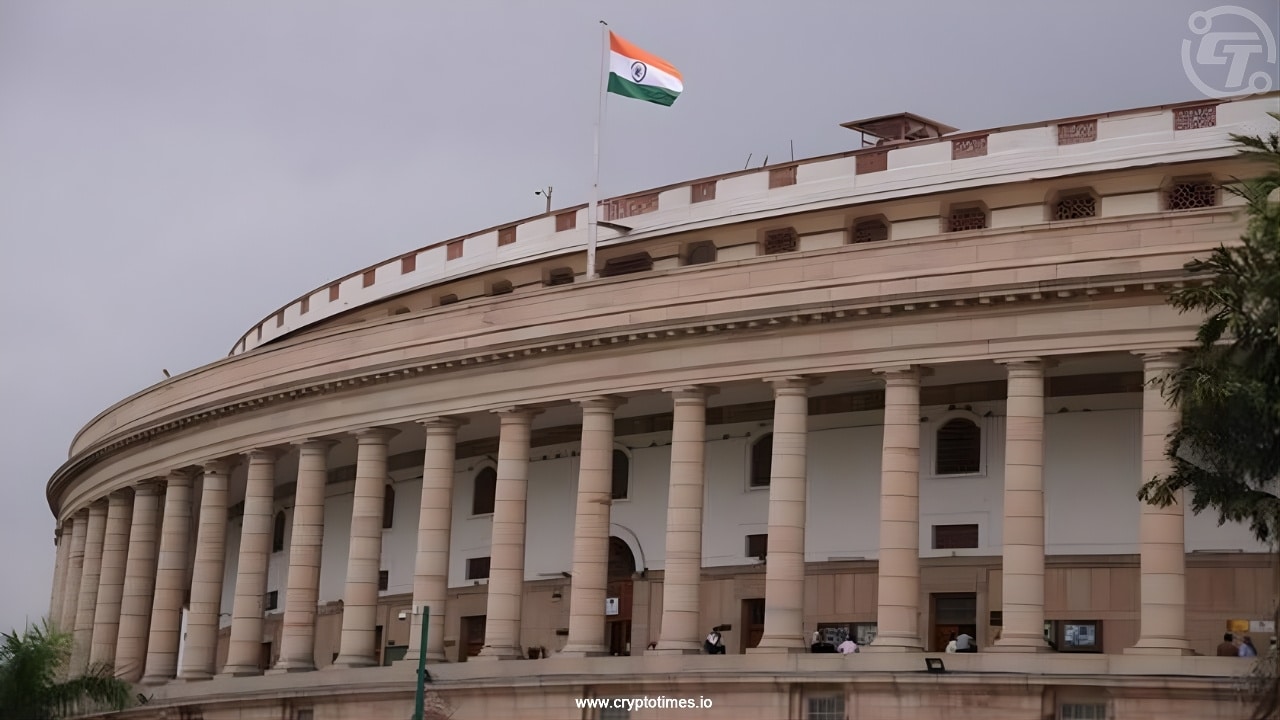India to Launch ARC Token Backed by Government Securities
2025-11-05 18:09:37

India is reportedly working on a new stablecoin tentatively called the Asset Reserve Certificate (ARC) with the help of blockchain company Polygon Labs and fintech firm Anq.
According to a local report, the idea is to create a stable digital token directly backed by the Indian government through its securities and Treasury Bills. In short, each ARC token will have real value because it will be tied to government debt instruments, not private or foreign assets. The project is expected to launch within the next few months.
A stablecoin backed by India’s own assets
Sources familiar with the project said the ARC is designed as a transparent and fully regulated asset that mirrors the value of the Indian Rupee. Each token will be issued only when Indian Government Securities are bought. This way, the government will ensure that the value of ARC stays close to the Indian Rupee. Unlike popular dollar-based stablecoins such as USDT or USDC that move Indian funds offshore, ARC will keep liquidity within the country.
The system would use a “twin-rupee” setup. In this model, the Reserve Bank of India’s Digital Rupee will continue to serve as the main settlement layer, while ARC will act as a programmable layer created by regulated private firms. This would allow private companies to build new financial tools while the RBI maintains full control over monetary policy.
“This is not another crypto coin,” said one person familiar with the framework. “It’s a sovereign-backed digital instrument. The idea is to turn tokenization into a tool for strengthening India’s balance sheet, not someone else’s.”
Linking digital tokens to government growth
Experts believe this model could indirectly help the government. Since ARC tokens can only be created when government securities are purchased, it could increase demand for these securities and make it easier for the government to raise funds without increasing taxes.
Users and businesses could also have an easy time making payments, as all transactions would be backed by real assets that belong to a sovereign state.
However, some crypto users are skeptical about the approach. They argue that the token might be too centralized and no different from the digital rupee (eINR). Still, India seems focused on building a system where digital money is backed by trust and real government value.
Also Read: Canada Introduces Federal Stablecoin Rules in 2025 Budget
 Share
Share
 Like
Like
 Dislike
Dislike

